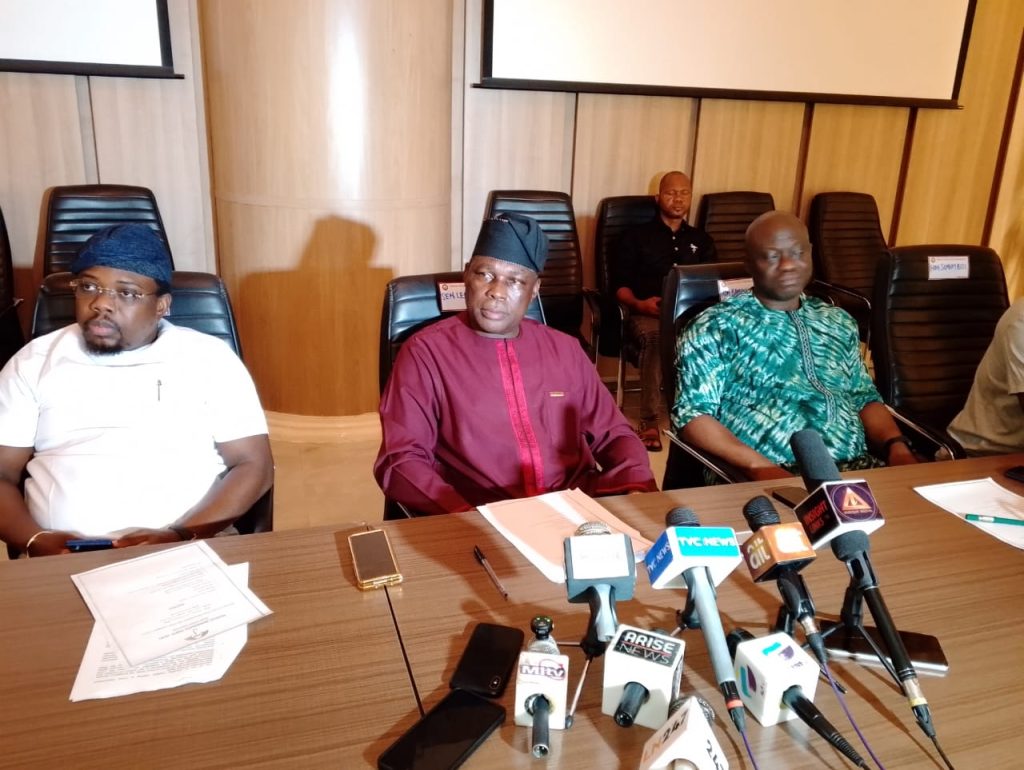A Rivers State elder, Sarah Igbe, has expressed concerns over the effectiveness of the judiciary and the National Assembly in performing their constitutional duties. Speaking on Channels TV’s Politics Today programme, Igbe stated that these institutions have become appendages of the executive arm of government.
According to Igbe, the judiciary is not fulfilling its role, while the National Assembly has become subservient to the presidency. This, he argued, has led to a situation where institutions such as the Economic and Financial Crimes Commission (EFCC) and the Independent Corrupt Practices Commission (ICPC) are not being utilized effectively to investigate and prosecute cases.
Igbe’s comments came in response to the recent probe of the sole administrator, Ibas, by Governor Siminalayi Fubara. He questioned the need for the governor to initiate a probe, suggesting that statutory institutions such as the EFCC, ICPC, and the National Assembly are constitutionally empowered to carry out investigations. Instead, Igbe advised the governor to focus on peace-building and development initiatives across the state.
The elder statesman also expressed skepticism about the potential outcomes of any investigations, citing concerns that even if anti-graft agencies were to investigate and forward cases to the judiciary, the process might not yield meaningful results. “My fear is that even if they investigate and send it to the judiciary, it will still come back to square one,” Igbe said. Nevertheless, he suggested that if investigations were to be conducted, it would be worth observing the judiciary’s response.
The comments highlight ongoing concerns about the independence and effectiveness of Nigeria’s institutions, particularly the judiciary and the National Assembly. As the country continues to grapple with issues of corruption and governance, the ability of these institutions to perform their constitutional duties remains a crucial aspect of promoting accountability and the rule of law.



